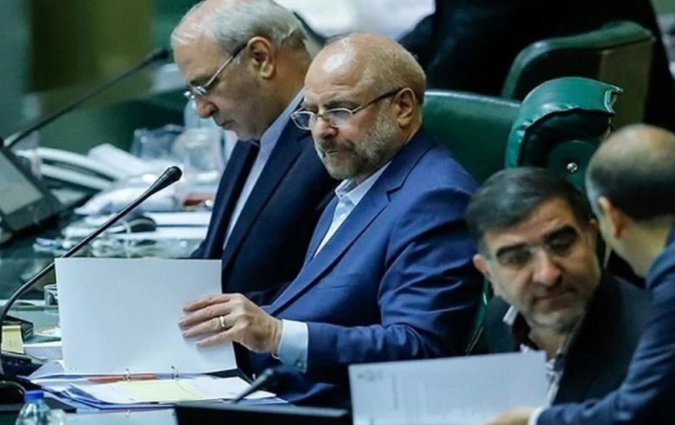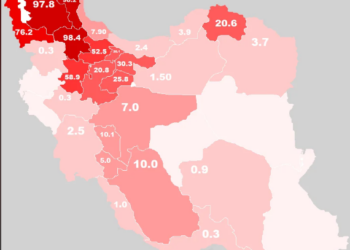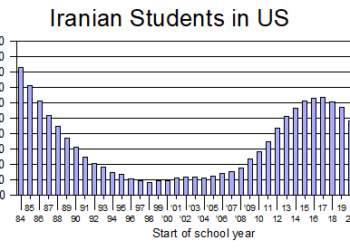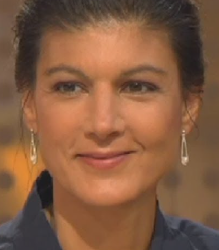May 14, 2021

Some 100 Majlis deputies have publicly accused Majlis Speaker Moham-mad-Baqer Qalibaf and others of altering the budget approved by the Majlis before sending it to the president for implementation.
They said the changes provide more funds for selected state agencies than the Majlis majority favored, such as veterans and religious institutions.
Qalibaf, a controversial former general in the Pasdaran whose later 12-year tenure as mayor of Tehran was marred aby corruption scandals, submitted the 2021-22 budget law to President Rohani on March 18 after its approval by the Majlis and the Guardian Council.
But, more than a month later on April 24, some 100 deputies signed a letter of protest. Addressed to Qalibaf, it was also shared with the Islamic Republic News Agency (IRNA), one of the agencies to benefit from a clandestine plus-ups. The deputies demanded to know why the new law had been changed without their consent.
The deputies asserted that the budget law had been changed by “one or two” lawmakers with the agreement of the chairman of Budget Committee. Among the changes, they said, were some that benefitted well-connected individuals and regime insiders.
The issue first come to light when Ali Khezrian, a deputy from Tehran, wrote Elias Naderan, the chair of the Budget Committee, and said “sweeping” changes to the budget were under way with his “knowledge and approval.”
The daily newspaper Sazandegi published a report April 26, headlined “Qalibaf’s New Headache.” That report stated that more than 200 items in the budget tables had been changed. In addition to Naderan, the report named Jamal al-Din Abroumand, a Pasdar commander who had recently become Qalibaf’s aide, and lawmakers Malek Shariati Niasar and Mojtaba Tavangar as among the committee members who had a hand in the changes.
Up until now, the precedent has been for the budget tables to be published online at the same time as their submission to the executive. But this year, as numerous observers pointed out, the final text was not published until April 14.
Sazandegi also reported that the published tables had been manipulated several times between March 17 and April 10. While it is not clear when each alteration was made, some of the demonstrable changes between the original bill and the final version were in Note 14, the part that deals with subsidies.
Some 2 to 3 billion rials ($8 to $12 million) had been added to the budget for Islamic Republic of Iran Broadcasting (IRIB) and the Islamic Propaganda Organization for the stated purposes of “strengthening social and cultural power and creating digital infrastructure.” In the originally-proposed bill, Note 14 contains no reference to this aim, or of the IRIB or the Islamic Propaganda Organization as beneficiaries.
Elsewhere, a total of 19,650 billion rials ($79 million) has been ring-fenced for “seminaries and service centers.” The original bill had allocated just a quarter as much or 4,950 billion rials ($20 million) to these institutions. Another 51,240 billion rials ($200 million) had been added for the Foundation or Martyrs and Veterans Affairs and 2 trillion rials ($8 million) added for the families of armed forces members.
So far, it is not clear what other changes were added behind closed doors. Nor is it clear whether the objecting legislators have the power to force a return to the original bill as approved by the Majlis. At this point, not only is the public being stiffed, but also most deputies as well.



















